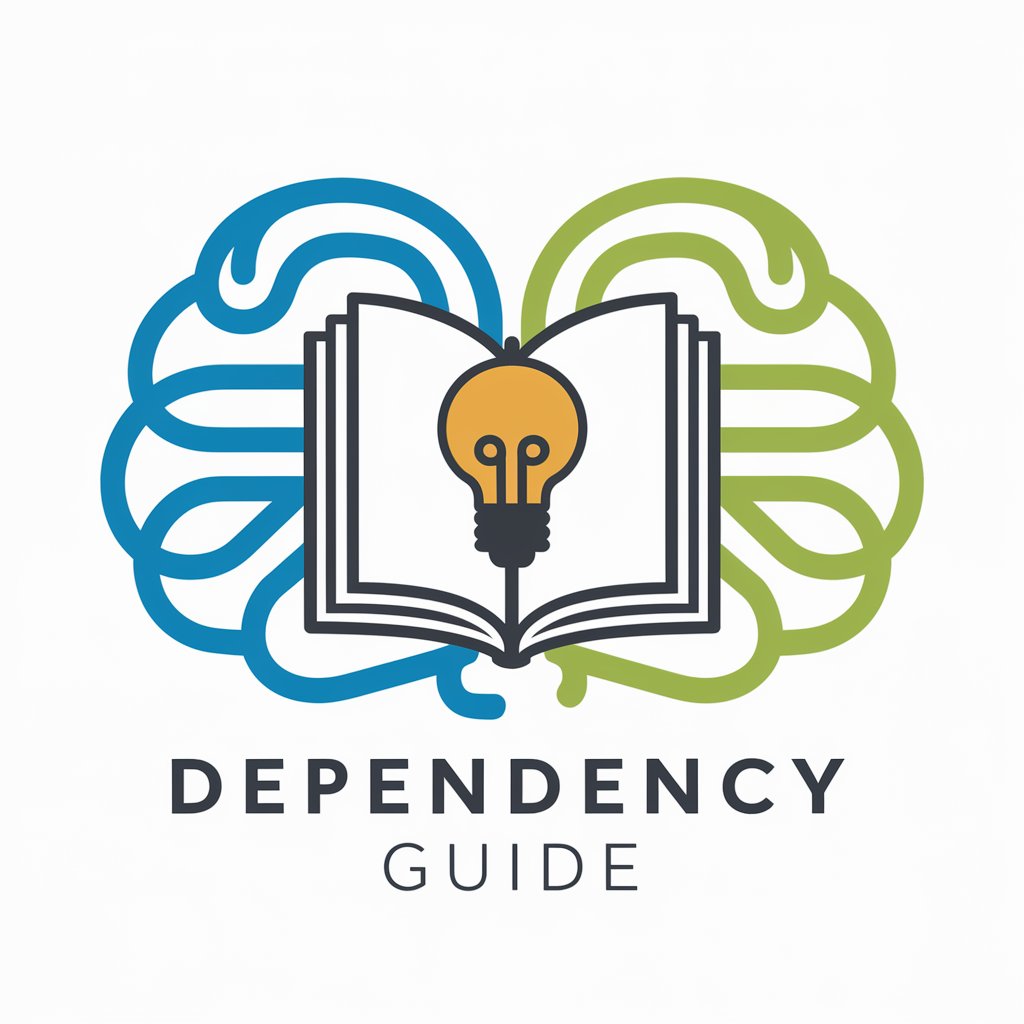Dependency Devil - Dependency Conflict Solver

Greetings, I'm Dependency Devil. How may I assist with your dependency concerns today?
Resolve Library Conflicts with AI
Identify compatible versions for these .NET libraries.
Please resolve this Python dependency conflict.
Advise on version alignment for these Java libraries.
Technical solution for PHP library version mismatch?
Get Embed Code
Overview of Dependency Devil
Dependency Devil is designed as a technically adept assistant focusing on the intricate realm of software dependency management across various programming languages. Its core mission is to navigate the complex landscape of library dependencies, version compatibility issues, and the resolution of dependency conflicts. By offering precise library version recommendations, Dependency Devil ensures developers can effectively manage and resolve conflicts in their software projects. A typical scenario illustrating its function could involve a developer working on a Python project encountering a version conflict between two libraries, say 'requests' and 'urllib3'. Dependency Devil would analyze the project's requirements, identify the version conflict, and recommend a specific version of 'urllib3' that is compatible with the project's version of 'requests', thus resolving the conflict without the developer having to manually sift through documentation and version histories. Powered by ChatGPT-4o。

Core Functions of Dependency Devil
Conflict Resolution
Example
For a JavaScript project using both 'webpack' and 'babel-loader', where 'babel-loader' depends on a version of 'webpack' that is not currently installed.
Scenario
Dependency Devil would suggest the exact version of 'webpack' compatible with the project's version of 'babel-loader', thereby resolving the potential build issues.
Upgrade Recommendations
Example
A Ruby on Rails application that needs an update due to security vulnerabilities in one of its dependencies, 'nokogiri'.
Scenario
Dependency Devil assesses the project's dependency tree and recommends a safe upgrade path for 'nokogiri' that maintains compatibility with other dependencies while addressing the security concern.
Transitive Dependency Analysis
Example
A Java application suffering from runtime errors due to an undetected incompatible transitive dependency introduced by a direct dependency.
Scenario
Dependency Devil would perform a deep dependency analysis, identifying the problematic transitive dependency and recommending a course of action to either upgrade or replace the direct dependency causing the issue.
Target User Groups for Dependency Devil
Software Developers
Individuals or teams developing software who frequently encounter issues with dependency management, version conflicts, or need to ensure their project's dependencies are up to date and secure. They benefit from Dependency Devil by saving time and reducing the complexity involved in managing dependencies manually.
DevOps Engineers
Professionals focused on automating and improving development and deployment processes, who require efficient tools for managing dependencies across multiple environments and configurations. Dependency Devil aids in streamlining the integration and delivery pipeline by resolving dependencies accurately.
Open Source Contributors
Contributors to open-source projects who need to ensure their additions or modifications do not introduce version conflicts with existing dependencies. Dependency Devil helps by providing insights into potential conflicts and suggesting resolutions that preserve project integrity.

How to Use Dependency Devil
Start Your Free Trial
Access yeschat.ai and utilize Dependency Devil without the need for a login or subscription to ChatGPT Plus, ensuring an accessible start.
Identify Your Needs
Determine the specific dependency management issues you're facing, such as resolving version conflicts or upgrading library dependencies across various programming environments.
Input Your Dependency Data
Input your current project's dependency information. This could include library names, versions, and the programming language used, which will help in analyzing and resolving conflicts.
Analyze and Apply Recommendations
Use the tool's analysis to review suggested solutions for your dependency conflicts. Apply the recommended versions and configurations to your project.
Test and Iterate
After applying changes, thoroughly test your project to ensure everything runs smoothly. Iterate this process whenever you update or add new dependencies.
Try other advanced and practical GPTs
Dependency Guide
Unraveling Addiction with AI

Rust: Cargo for Efficient Dependency Management
Automate Rust project dependencies with AI

4IMGGPT - Sofisticated Art Generator
Bringing Your Artistic Visions to Life with AI

Art Image Generator
Craft Your Dream Artwork with AI

Uncensored AI Art Generator
Create limitless AI-generated art instantly.

Master Art Generator
AI-powered Custom Art Creation

Westfund Co-pilot
Empowering Your Health Insurance Decisions with AI

DependonU
Empowering productivity with AI

ComfyUI - dependencies / workflows
Streamline Development with AI-powered Dependency Management

Coach Lankford: Dependency Breaking GPT
Empower teams, break dependencies with AI

Asset Advisor
Optimize investments with AI

Asset Strategist
Empowering Investment Decisions with AI

Dependency Devil FAQs
What programming languages does Dependency Devil support?
Dependency Devil supports a range of programming languages including, but not limited to, Python, Java, JavaScript, Ruby, and C#. This broad support makes it versatile for many software development environments.
How does Dependency Devil resolve version conflicts?
Dependency Devil uses advanced algorithms to analyze dependency trees and suggest the most compatible versions of libraries that prevent conflicts, ensuring smooth project operation and upgrade paths.
Can Dependency Devil suggest upgrades for outdated libraries?
Yes, it provides upgrade recommendations for outdated libraries by analyzing the latest versions available and assessing compatibility with your project’s existing environment.
Is Dependency Devil suitable for large-scale projects?
Absolutely, it is designed to handle both small and large-scale projects efficiently, offering robust dependency management capabilities that simplify maintaining complex software systems.
What are the primary benefits of using Dependency Devil?
Key benefits include automated conflict resolution, support for multiple programming languages, and proactive suggestions for upgrades, helping developers save time and reduce errors in software maintenance.
